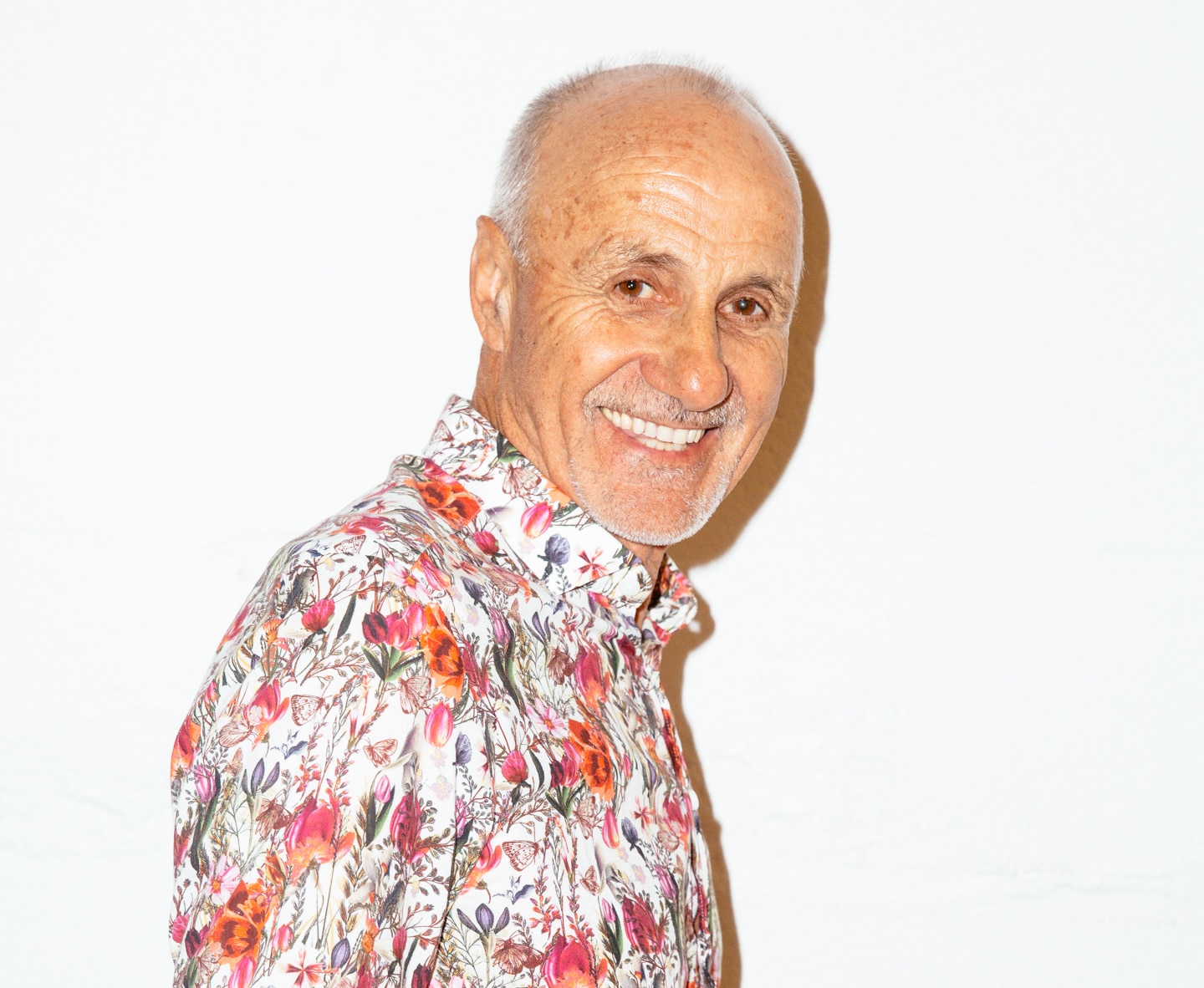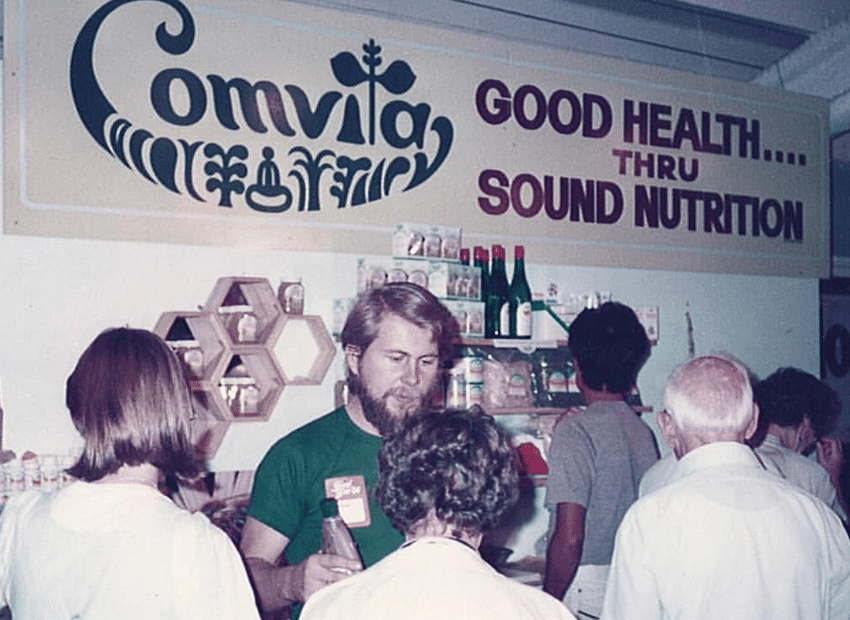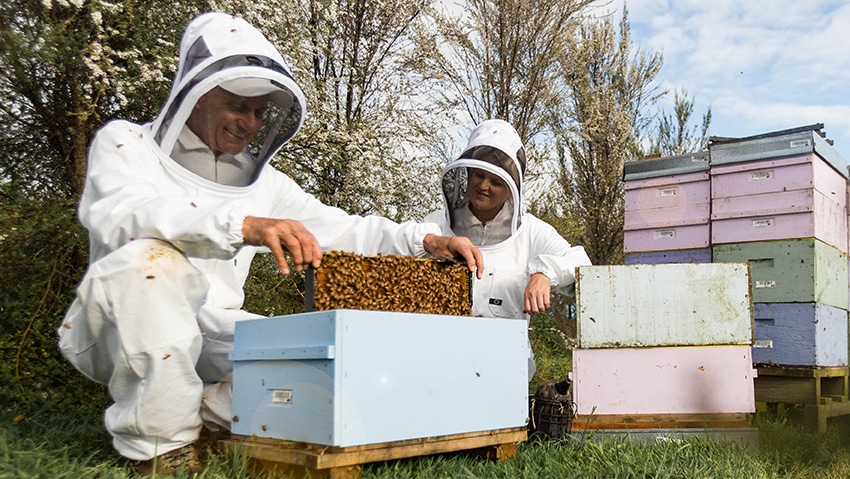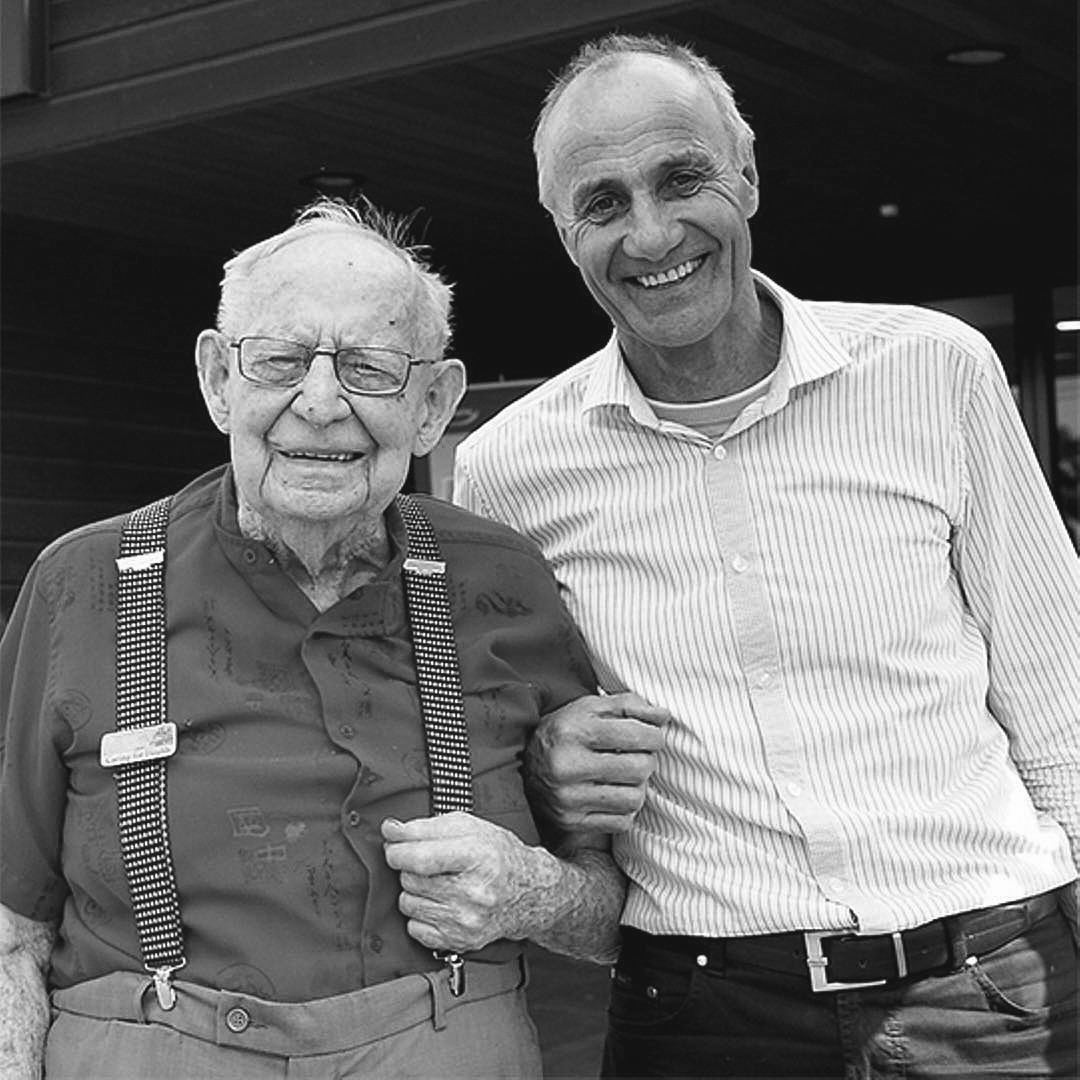A lot has been said recently about the collapse of honeybee colonies, and the subject really does deserve our attention. While most of us run away from these small creatures, as a society we rely on them for our very own survival. Bees play a pivotal role in our ecosystems through pollination, their fuzzy bodies carrying and spreading pollen as they fly from flower to flower in search of nectar. Apples, oranges, avocados, and pumpkins are just some of the crops that would likely disappear if bees go extinct — and can you honestly imagine a world without avocados? That’s not to mention the billion-dollar impact such a demise would have on the agricultural sector. Bottom line is: bees are our friends, and our friendship goes way back.
“Bees are probably the most intelligent animals on the planet”
Over millennia, humans have nurtured a special relationship with these insects, carefully watching over hives in exchange for the products therein produced: honey, beeswax, propolis, pollen, and royal jelly. Jars of honey were found in tombs of Egyptian pharaohs, and from Aristotle to Tolstoy, bees and their sophisticated colony structures have been protagonists in world-famous literature. Very few animals are as industrious as bees, and probably no other society is as organized, with its strict division of labour and responsibilities between its three castes: queen, workers, and drones. “Bees are probably the most intelligent animals on the planet,” says Alan Bougen, 70, co-founder of Comvita, a New Zealand-based honey producer and exporter.
Honey as Medicine
At Comvita, honey is a serious business. Right from the product’s sober packaging, you understand that this is not just regular honey, this stuff is medicinal. Aside from tubs of pure honey of all kinds and factors (yes, there is such a thing as honey factor), Comvita also sells a honey-based skincare line, honey-wound gels and adhesive dressings, propolis toothpaste, amongst others. The company’s best-seller, Manuka honey (a special kind of honey made exclusively in New Zealand), costs $ 129 dollars for 250g in its purest more concentrated form — it’s definitely not the kind of honey you leave open at your breakfast table.
“Hippocrates said many, many centuries ago, ‘Let your medicine be your food and your food be your medicine.’ Prevention is better than cure,” says Alan. Health and nutrition are at the foundation of Comvita, a cornerstone since its inception. Much before Comvita established itself as a global powerhouse, listed in the stock exchange and with over 600 employees in nine countries, it was a cooperative of sorts, uniting and catering to people guided by principles of health, natural living, and spirituality.

Subsistence Living to Beekeeping
This was the 1970s and humanity was going through a period of collective uncertainty with the threat of nuclear war looming. A 24-year-old Alan had recently returned to his home country of New Zealand after having spent time exploring Europe and America. Like much of the youth back then, he was searching for an alternative way of life, one that wasn’t based on the pervasive premises of mass-production, profit, and consumerism. In other words, he was a classic ’70s hippie.
“It was a very dynamic time and, in my mind, it was a time to get back to the land. There was a very big movement happening where people were buying big pieces of land and forming intentional communities,” he recounts. Growing your own food, free from the harmful pesticides and chemicals, was one of the pillars of these self-sustainable communities, and Alan had been leading a subsistence-based lifestyle, growing his own vegetables and fishing in Aotea, an island north-east of Auckland.
“That’s when I began beekeeping. I had two hives I took over and immediately realized that I loved everything about working with bees: the products that came via nature, working on the land. I decided that I wanted to go on a career of keeping bees,” he says.
Intergenerational Match
At Bay of Plenty, in New Zealand’s northern coast, another beekeeper was ready to hang up his boots. Claude Stratford had been keeping bees since he was 6 years old, having established, throughout his life, several natural-product-based ventures. In the 1950s, he was creating ointments and creams using comfrey plants which ended up being used in Japan to treat the intense burns and scars of victims of the Hiroshima bombings. Alan caught wind of one of Claude’s products in 1973, a honey-based cream used to treat wounds. He decided to get in touch with its producer to see if he could get some tips on his newly started beekeeping journey.
In their very first encounter, over comfrey tea and muffins, Alan would find out that he and Claude shared much more than a love of bees: “Me and my wife were in our mid 20s, and we were sitting with this couple in their mid 60s, they were older than our parents, and we are finding an incredible amount of common ground between us,” recounts Alan. “Claude was a self-taught naturopath who valued the products from the hive far more than the average beekeepers. He had a very acute appreciation of the natural world and a kind of esoteric approach to beekeeping that I loved. Within twenty minutes we were talking about forming a business together.”

Cooperative Roots
Comvita was born from the palpable sense of excitement and urgency in that meeting. Alan and Claude’s shared enthusiasm on the nutrition, functionality, and science of bee products were the fertilizers of the business and within a year, they had created a 50-hive apiary for kiwi pollination and therapeutic honey-based products. A growing number of people came to their doors to learn about, collaborate on, and buy, their products.
“Comvita became this pulsating hub of expressions of another way of looking at the world. We operated as a collective, very into sharing knowledge, sharing our lives, sharing common philosophies. The concept of preventative health care was very new, understood by few people in the Western world,” says Alan.
Comvita’s growth has been consistent from the start. Over the years, an increasing number of studies have been done on Manuka honey, proving what Alan and Claude already knew: the far-reaching health benefits of the product, from the anti-bacterial to the anti-inflammatory to the anti-fungal. With a growing suspicion of what was happening on a political sphere, from Vietnam to Chernobyl, people also became increasingly drawn to small businesses producing natural, nuclear-free, and sustainable products, a growth that has continued to this day: “It was amazing for us when everything came together, we had the market come to us in that sense,” says Alan.

COVID
When I speak to Alan, humanity is going through another bout of uncertainty. With the COVID-19 pandemic spreading quickly around the globe, our conversation about alternative living and preventative health gains added relevance. Across countries, we read about people who, forced into self-isolation, have been turning inwards and questioning their former lifestyles. Many of us find ourselves valuing health, both physical and mental, more than ever, and realizing just how connected our well-being is to the health of our planet.
“The world is so much more conscious today around the environment, health, and nutrition. However, there are a lot more people on the planet, a lot of commerce, and our agricultural system is much bigger. We haven’t been sensible about how we have worked the land and respected the environment,” says Alan. “Right now is a time to pause and think about what’s going on and what we have to do in the future.”
We know that the way we have been living is unsustainable, yet we seem to struggle to find a mid-way between a highly productive society and one that lives in better unison with nature. Perhaps bee colonies, in all their organization, diligence, productivity, and generosity, can serve as some inspiration. Maybe it’s time to stop running away from bees, and start paying more attention.
The ideas expressed here are solely the opinions of the author and are not researched or verified by AGEIST LLC, or anyone associated with AGEIST LLC. This material should not be construed as medical advice or recommendation, it is for informational use only. We encourage all readers to discuss with your qualified practitioners the relevance of the application of any of these ideas to your life. The recommendations contained herein are not intended to diagnose, treat, cure or prevent any disease. You should always consult your physician or other qualified health provider before starting any new treatment or stopping any treatment that has been prescribed for you by your physician or other qualified health provider. Please call your doctor or 911 immediately if you think you may have a medical or psychiatric emergency.



